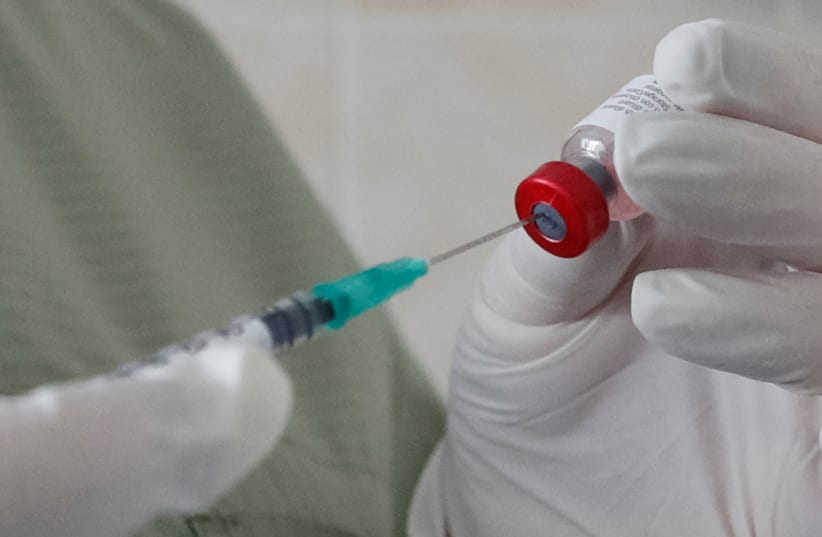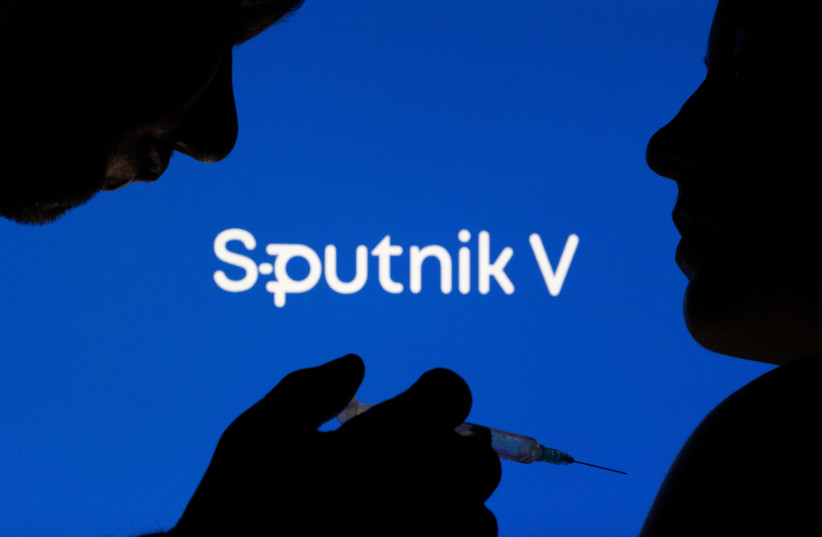Russia offered its assistance and cooperation to other countries to help prevent and treat the next pandemic, while blasting the WHO for not accepting Russian-developed vaccines in a May 6 statement by the Russian Foreign Ministry.
The statement came in reaction to the announcement by WHO Director-General Ghebreyesus that the COVID-19 pandemic was now officially declared to no longer be a global health emergency.
Russia accuses WHO of opportunism
Russia accused the WHO of rejecting the vaccines that were developed in Russia for "pure opportunistic reasons" while claiming Russia had proven its vaccine's effectiveness by saving "millions of lives all over the world."
The WHO delayed its assessment of Russia's Sputnik V coronavirus vaccine for emergency use because of Moscow's invasion of Ukraine, an official from the health agency said in March 2022, shortly after the invasion began.
Russia's statement went on to allege "growing evidence of various side effects" of American vaccines and questioned the justification of their expedited global approval by the WHO.
The statement closed by offering assistance and cooperation to all countries "to achieve progress in sustainable development and expand international cooperation in the field of global health to prevent future pandemics."
The WHO's emergency committee first declared that COVID represented its highest level of alert more than three years ago, on January 30, 2020. The status helps focus international attention on a health threat, as well as bolster collaboration on vaccines and treatments.
Russia became the first country to grant regulatory approval to a COVID-19 vaccine after less than two months of human testing, a move Moscow likened to its success in the Cold War-era space race.
The vaccine was called "Sputnik V" in homage to the world's first satellite launched by the Soviet Union.
Reuters contributed to this story.

